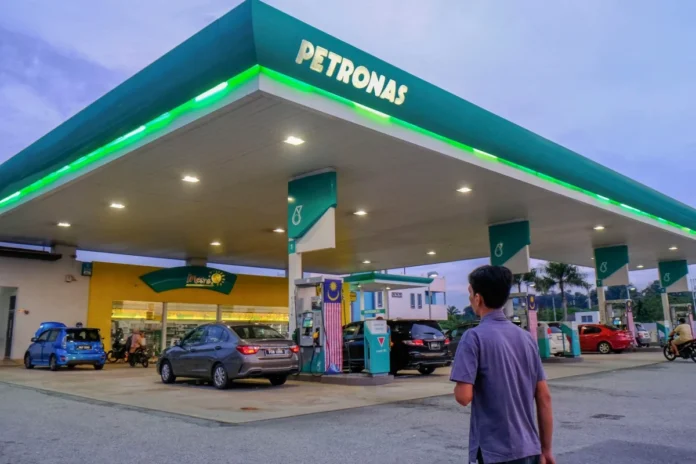KUALA LUMPUR: Malaysia has rolled out a targeted fuel subsidy scheme that limits each citizen to 300 litres of discounted petrol per month, replacing a decades-old blanket subsidy that had become a political flashpoint and a fiscal drain.
The new measure, launched on Tuesday, marks a significant policy shift by Prime Minister Anwar Ibrahim’s administration, which hopes it will curb rampant fuel smuggling to neighbouring countries, misuse by foreigners and excessive consumption by wealthy Malaysians with gas-guzzling cars – long-standing problems blamed for squandering taxpayer funds.
Under the previous blanket system, any vehicle arriving at a pump could access the subsidised price, regardless of the driver’s identity. That scheme cost nearly 20 billion ringgit (US$4.7 billion) annually, or about 8 per cent of total government spending. Much of that was used on petrol priced at just 2.05 ringgit (US$0.49) per litre.
The new scheme allows Malaysians to purchase subsidised petrol at 1.99 ringgit per litre, but only if they hold a valid national identity card, known as MyKad, and a current driving licence – a requirement designed to ensure that only genuine citizens benefit.
Across Kuala Lumpur, motorists swiped their ID cards at petrol pumps as attendants helped familiarise them with the new system.
“It’s another card to take out, but the fuel is cheaper,” said motorist Khairul Amran in Cyberjaya.
The requirement for a valid licence has complicated the roll-out. Transport Minister Anthony Loke disclosed that more than 2.4 million Malaysian licences expired more than three years ago, rendering those holders temporarily ineligible for the subsidy under the new rules.
In recent days, licence renewals spiked by about 45 per cent to 33,000 a day, according to the Road Transport Department (JPJ), as drivers sought to restore their eligibility.
Online, many applauded the government’s tighter monitoring of the subsidy, saying it exposed drivers skirting the rules and pushed more motorists to renew their paperwork – a change they hoped would also improve road safety.
“Now we all know how many drivers are on the road without a valid licence,” one social media user commented. “Most of the time, we only find out when an accident happened.”
However, others voiced frustration at the rigid new rules, saying a once simple task of filling up had become a complicated process involving quotas and mandatory use of the national ID card.
Many of the complaints have been directed at Anwar, who in his 25 years as opposition leader repeatedly vowed to slash petrol prices soon after assuming power – a promise whose fulfilment was perennially delayed, only materialising nearly two years after he took office in November 2022.
Others argued that linking the subsidy to driving licences contradicted the government’s earlier pledge that cheap fuel was a right of citizenship.
“Since when is citizenship tied to the driving licence?” asked one social media user.
Anwar has previously blamed foreign motorists and non-citizens for exploiting Malaysia’s subsidised fuel, which has fuelled frequent smuggling cases to neighbouring Thailand and Indonesia, where pump prices are higher.
Singaporean drivers have also been caught filling their tanks with taxpayer-funded petrol during border runs to Johor.
Second Finance Minister Amir Hamzah told Parliament in November that “current data estimates that petrol consumption by non-citizens, the commercial sector, and smuggling activities accounts for about 40 per cent of total petrol usage”.
“If leakage to foreigners, the commercial sector and the rich can be solved, it’s bound to save up to 8 billion ringgit (US$1.9 billion) a year,” Hamzah added.

